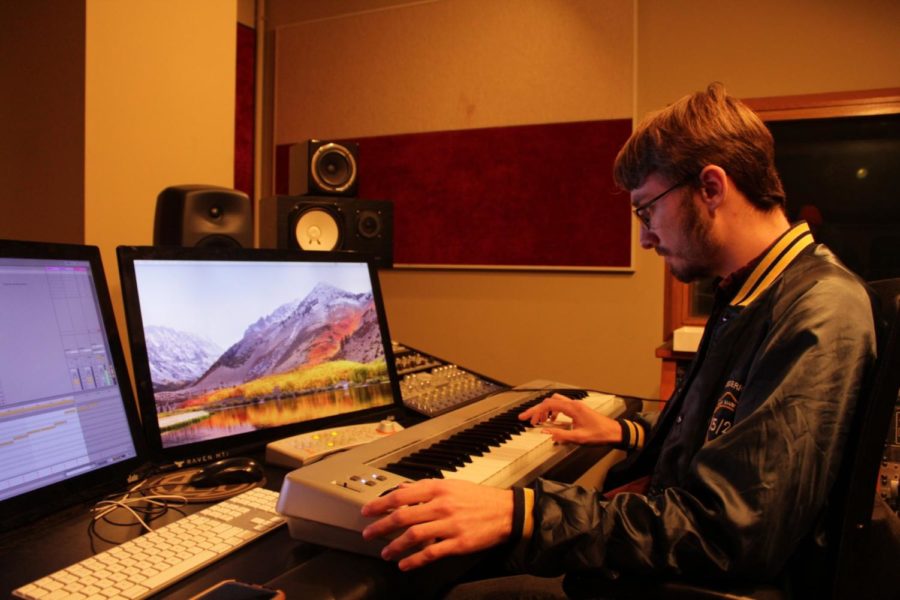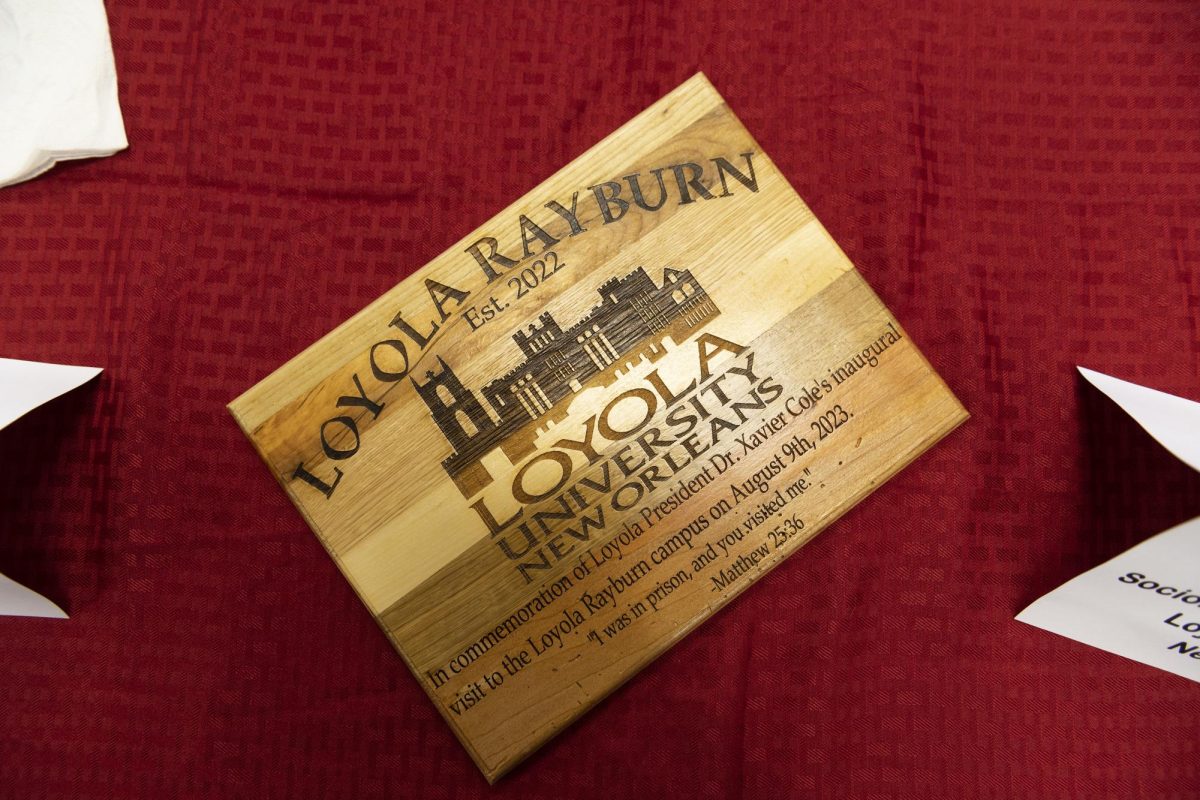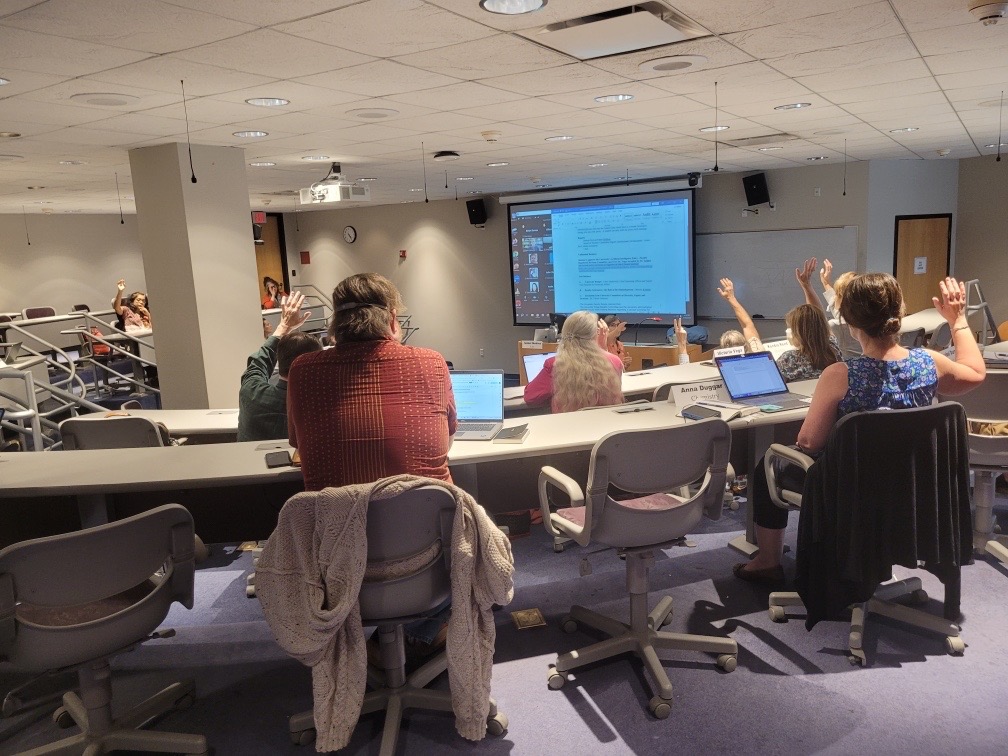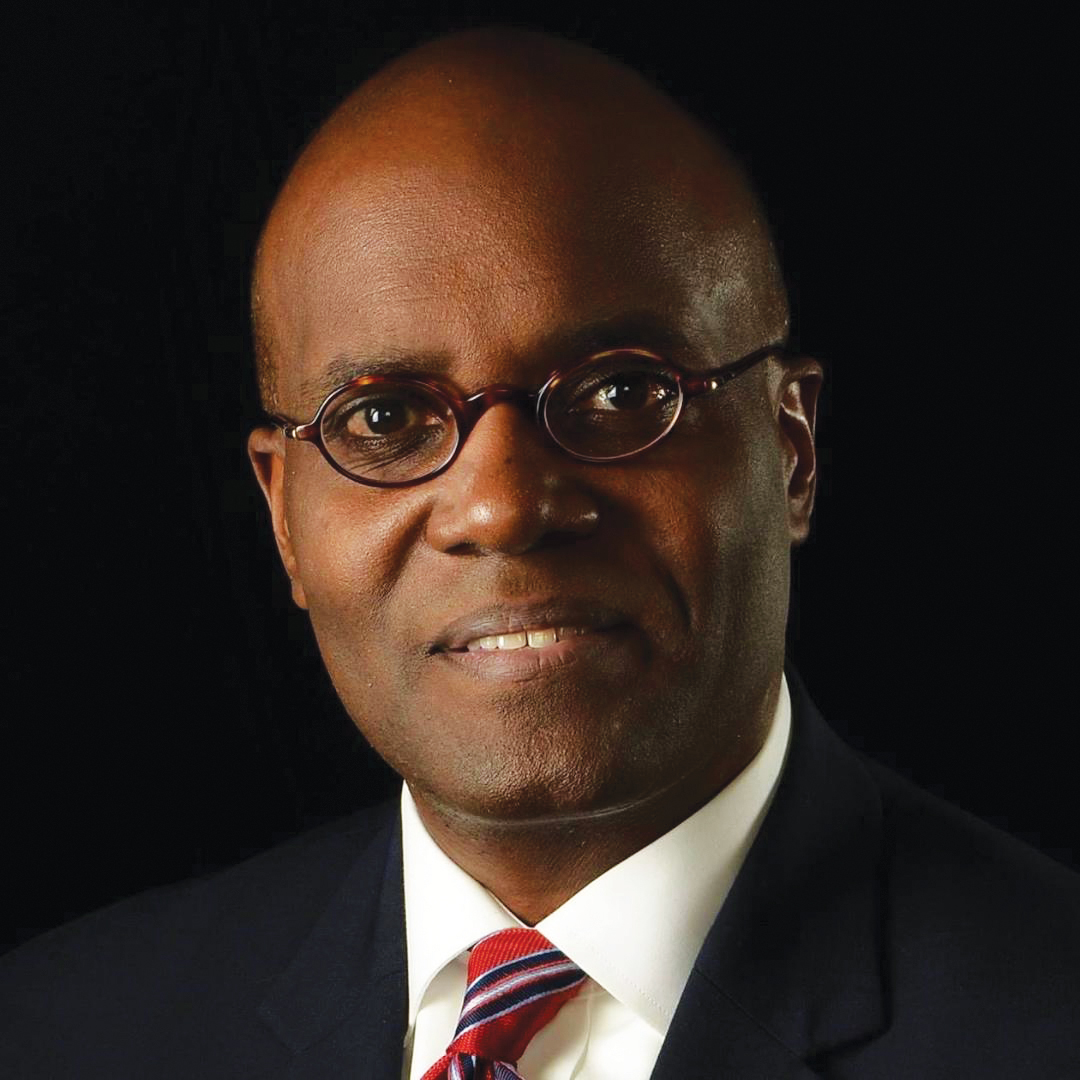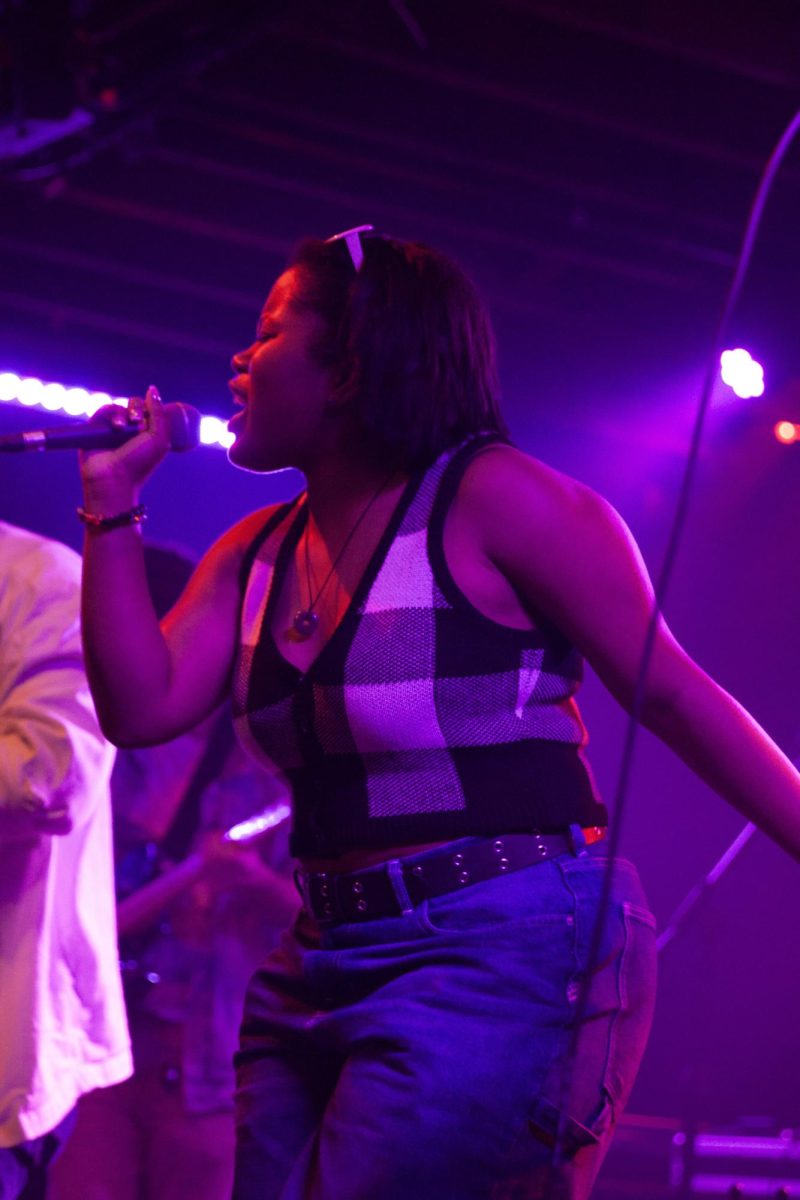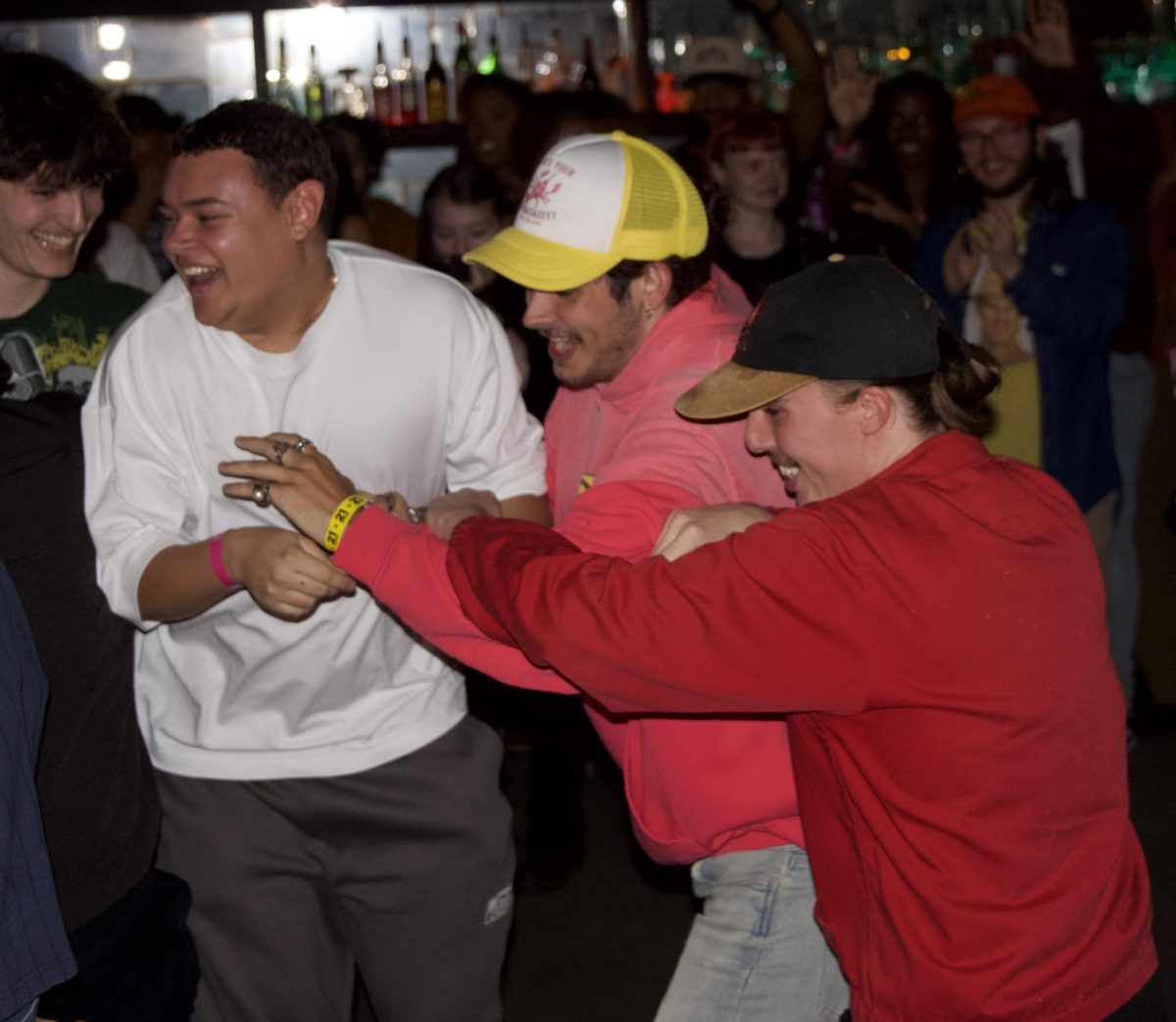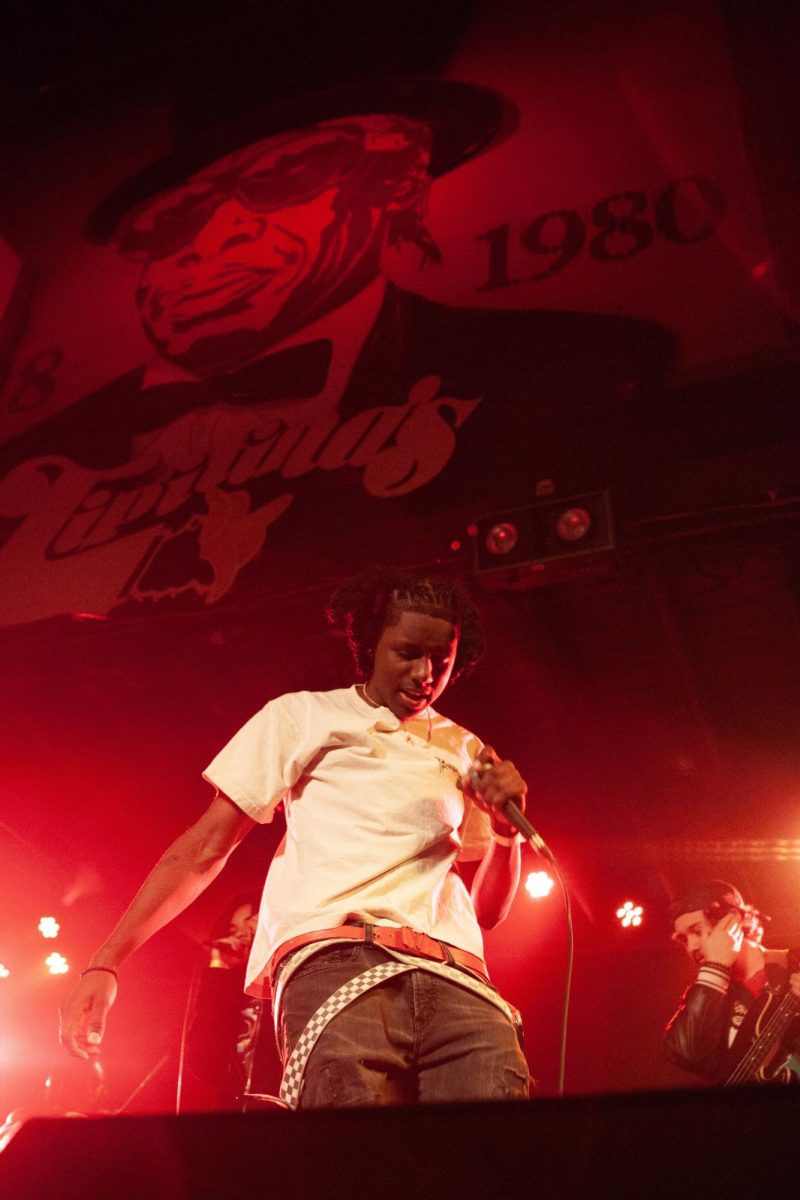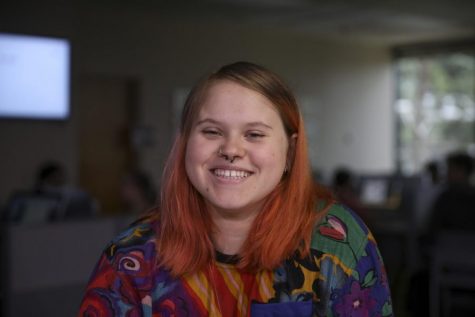The College of Music and Fine Arts is launching a new undergraduate degree program in the fall of 2019. The urban and electronic music production program is the first of its kind in the country, encouraging students to develop skills in production and performance while mastering the technology of recording studios that is essential to success in the modern music industry, according to a press release from Loyola.
“The degree stems from the business and technology aspects of music industry studies and takes notes from the performance training students get in the popular and commercial program, but steps into its own with heavier components of study in the recording studio and additional genre-focused coursework,” Kate Duncan, music professor, said about the new major.
Lovell “U-P” Cooper, a New Orleans-based, Grammy-award-winning hip-hop producer and Loyola faculty member, who teaches courses in urban music production and live hip-hop performance in addition to running the recording studios at Loyola, said he believes the new program is important because students need historical context and a deep understanding of the culture, lifestyles and music-making of the hip-hop world to produce urban and electronic music.
Julia Santos, music industry sophomore, said she is excited about a degree program specializing in urban and electronic music.
“U-P is an amazing and accomplished hip-hop producer and I’m excited to see what knowledge he has to bring to the unknown side of the music industry,” Santos said.
Randon Ladner, popular and commercial music freshman, said he cannot wait to discover what the new program will bring to his Loyola experience.
“This should build more attraction for the school itself,” Ladner said. “And I’m looking forward to seeing what opportunities that will, in turn, present for me as a guitarist seeking collaborative experience.”
While Loyola’s music industry program has developed a national reputation as a cultivator of upcoming hip-hop talent, the urban and electronic music production program will have the focus in urban music that music programs around the country lack.
“It’s been 45 years since the birth of hip-hop, so it’s exciting to finally see academia focusing on the genres at the forefront of modern American pop,” Cooper said
“This should build more attraction for the school itself,” says Popular in Commercial Music freshman Randon Ladner, “ and I’m looking forward to seeing what opportunities that will, in turn, present for me as a guitarist seeking collaborative experience.”
The program offers two tracks, one based on production, the other on performance. Students will master music production software, learn the intricacies of the studio, and develop a critical ear, in addition to studying side by side with professional rappers, singers and producers.
John Snyder, the chair of the Department of Film and Music Industry Studies, stresses the importance of music and creation in our country.
“The economy of the imagination is a real thing,” he says, “ almost one-third of the GDP of this country flows from the monetization of intellectual property. It creates jobs, commerce, and culture.”


